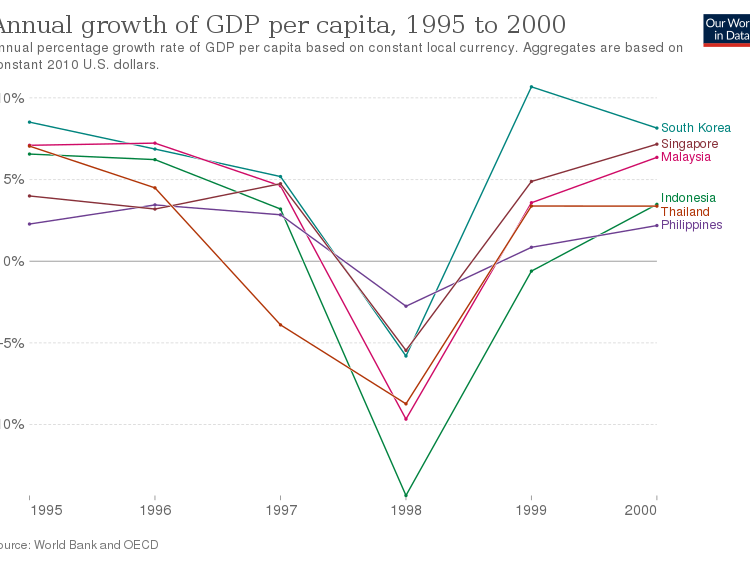Yields retreat from 2024 highs, but still show weekly gains
- Treasury yields slip from 2024 highs after Fed’s favored inflation gauge meets expectations
- Yield on the 2-year Treasury remains unchanged at 4.998%
- Yield on the 10-year Treasury falls 3.8 basis points to 4.668%
- Yield on the 30-year Treasury drops 3.8 basis points to 4.781%
- Inflation based on personal consumption expenditures price index matches economists’ estimates
- Core PCE reading rises 0.3% in March
- Consumer sentiment weakens in late April
- Fed-funds futures traders predict no rate cut until September
- Bank of Japan keeps policy unchanged, yen reaches 34-year low against the U.S. dollar
- Higher-than-hoped inflation challenges the idea of seasonal volatility
Long-term Treasury yields finished off their highest levels of the year on Friday after the Federal Reserve’s preferred inflation gauge matched expectations. The yield on the 2-year Treasury remained unchanged at 4.998%, while the yield on the 10-year Treasury fell 3.8 basis points to 4.668% and the yield on the 30-year Treasury dropped 3.8 basis points to 4.781%. Inflation based on the personal consumption expenditures price index rose 0.3% in March, in line with economists’ estimates. The core PCE reading, which excludes food and energy, also rose 0.3%. Consumer sentiment weakened in late April, and fed-funds futures traders predict no rate cut until September. The Bank of Japan kept its policy unchanged, leading to the yen reaching a 34-year low against the U.S. dollar. Analysts suggest that higher-than-hoped inflation challenges the idea of seasonal volatility.
Factuality Level: 3
Factuality Justification: The article provides factual information about Treasury yields and inflation data, but it lacks context and analysis. It contains some unnecessary details and does not delve deeper into the implications of the data presented. The inclusion of a quote from an analyst adds some perspective but overall, the article lacks depth and fails to provide a comprehensive understanding of the economic situation.
Noise Level: 2
Noise Justification: The article provides a detailed analysis of Treasury yields and inflation data, along with insights from analysts. It stays on topic and supports its claims with data. However, it lacks depth in exploring broader implications or antifragility of the financial system.
Financial Relevance: Yes
Financial Markets Impacted: Long-term Treasury yields
Presence Of Extreme Event: No
Nature Of Extreme Event: No
Impact Rating Of The Extreme Event: No
Rating Justification: The article discusses the movement of long-term Treasury yields, which is relevant to financial markets. There is no mention of any extreme event.
Public Companies: Lazard Asset Management (N/A)
Key People: David Alcaly (Lead Macroeconomic Strategist at Lazard Asset Management)
 www.marketwatch.com
www.marketwatch.com 





